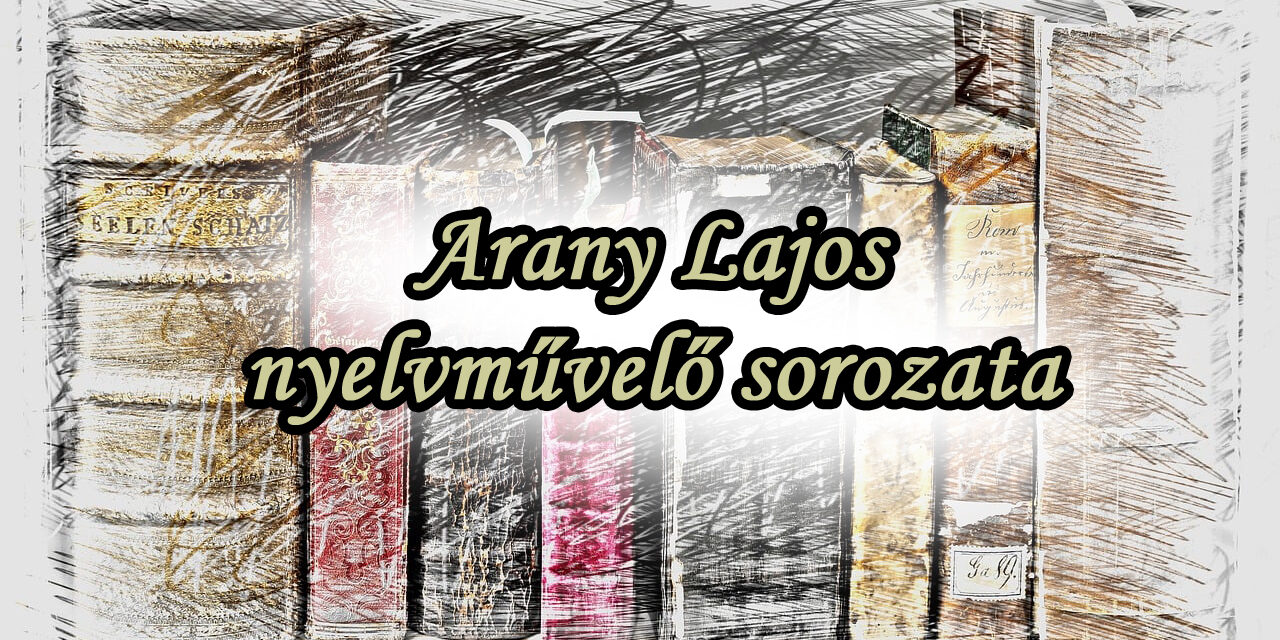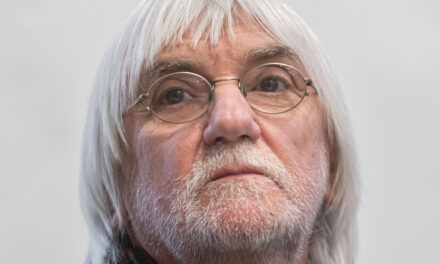Nowadays, speakers burden their texts with more and more filler words, meaningless, worn-out, contentless expressions and unnecessary linguistic elements.
you frankly, frankly, I must confess frankly , etc. turns of phrase are stylish if they are followed by a statement that requires undisguised openness. If, for example, they are faced with disapproval, self-criticism, a communication that is unpleasant for the addressee (or the speaker), or a crude opinion. And this eloquent insight - as linguist István Tótfalusi writes - "out of pity, we try to take a little edge in advance by referring to the compulsion of honesty". Examples from fiction: " I must honestly confess I always fall short in design " (Mór Jókai: Zoltán Kárpáthy); " To be honest, he didn't like the old man (Dezső Kosztolányi: Aranysárkány). Verbatim quotations from the media: " to be honest, I'm tired of being questioned"; " To be honest, I don't fully understand the question".
But it has become a fashion in language use to force such word connections even if they are followed by an expression of approval, a favorable opinion, recognition, appreciation: " I'll tell you honestly, I like the poems"; " I honestly admit, I like this leading role"; " I have to say honestly that this turned out to be a really delicious meatloaf"; " Honestly speaking, I also feel very good as a wife"; " I have to admit honestly, I really like the winter landscape and I love the snow!"; " I honestly admit, I have loved Radnóti's oeuvre for a long time"; " Honestly, I love your colors." To be honest , it is difficult to understand what kind of courage was needed to make the statements quoted later...
In such cases, therefore, the expressions in question are meaningless fillers, therefore they are unnecessary and should be abandoned. Leaving aside the verbiage: I like poems; I like this leading role ; it turned out to be some really delicious meatloaf; I also feel very good as a wife; I really like the winter landscape and I love the snow!; I have loved Radnóti's work for a long time; I love your colors.
the practically only as the theoretically . This is what it means: 'in practice'. "I recommend myself!" has practically from today's speech. greeting. That is, theoretically it is still present, practically it is no longer there. Other examples: "In theory it's simple, but in practice (practically) it's not that easy." the jogging , 'comfortable, sporty clothing suitable for jogging', has been " practically supplanted by leisure wear ".
But this expression has lost its meaning and floods everyday speech and media language as a mere filler word, as an element of official-flavored importance: " practically clean the road"; " practically love this soap"; "simmer onions and peppers in coconut oil until soft, practically making a stew base"; " practically grind the glass in four phases, with four diamond discs of different grain sizes"; " practically prepare a spice tea for the marinade"; " practically anyone can easily learn to play tennis"; " practically I can't send e-mails"; " Practically, the situation is that..."; "in the afternoon practical training"; " practically making a down bandage"; " practically new"; "the device practically anywhere"; " practically they failed to agree"; " he practically can't cook". In this case, the term in question should be omitted.
In some cases, it can and should be replaced by a synonym. " practically "; "Attila József practically every part of Budapest"; "This process effectively leads to users' brains dying." Freely: mostly (more or less) bored; basically he visited all parts of Budapest; ultimately leads to it.
Perhaps it will not only remain a sound aspiration to replace words without meaning, but practically true as soon as possible, and language users will burden their speech with less and less filler words and unnecessary linguistic elements.
Golden Lajos













